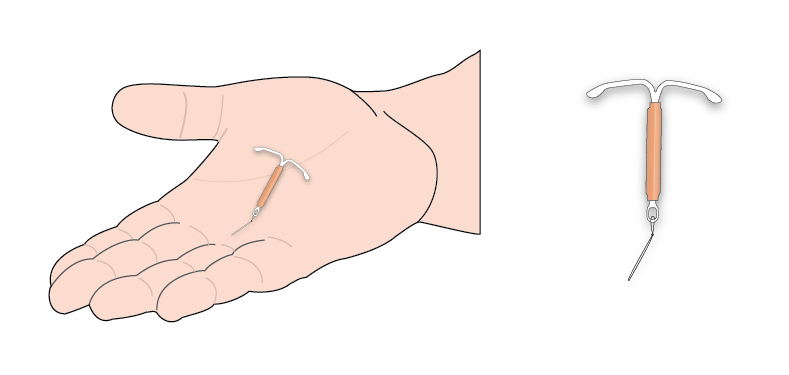 The Intra- Uterine System (IUS) is prefect for a “fit and forget” method. It is very similar to an IUD but has a very small amount of a progestogen hormone.
The Intra- Uterine System (IUS) is prefect for a “fit and forget” method. It is very similar to an IUD but has a very small amount of a progestogen hormone.
It is a small plastic device that is put into your uterus (womb).
Your doctor may request an uterine ultrasound or biopsy prior to insertion especially if you are over 45 years old and have heavy bleeding, this is to check for uterine fibroids.
These are devices that we fit inside the uterus or womb, to prevent pregnancy. We provide two types of IUS/ IUD. Both types are small plastic devices. One contains copper and the other a hormone called levonorgestrel (LNG). Different devices are licensed for use for between 3 and 10 years.
Do you currently have a 52mg hormonal IUD fitted?
If so, Levosert is licenced for contraception for 6 years and Mirena is now approved by the FSRH for contraception use for 8 years, meaning that you may not yet be eligible for replacement yet.
IUDs have one or two soft threads attached to them and these pass through the opening at the entrance of your uterus (cervix) into the top of your vagina. These threads tuck out of the way and do not interfere with sex or tampon use.
IUDs are fitted by a trained clinician, and the procedure takes about 10 to 15 minutes. Some women may experience painful cramps, whereas others experience nothing except mild discomfort. All patients are advised to take whichever painkillers they would normally take around an hour prior to their appointment. It is normal to experience mild period-type cramps and some light bleeding for a few days after the fitting.
Your doctor may request a uterine ultrasound or biopsy prior to insertion, especially if you are over 45 years old and have heavy bleeding. This is to check that there is no medical reason why it would not be safe to fit an IUD in a community clinic. If you are aged 45 or older when a Mirena or Levosert hormone coil is fitted, or 40 or older when a copper coil is fitted, it can be left in until the menopause (unless a hormone coil is being used as part of your HRT; see below).
We are commissioned to fit IUDs for contraception purposes only, and not for the management of heavy menstrual bleeding or as part of hormone replacement therapy (HRT). If your primary reason for requiring a coil fitting or exchange is not for contraception, we ask that you visit your GP, to ensure that you are seen in a timely way by the appropriate service.

